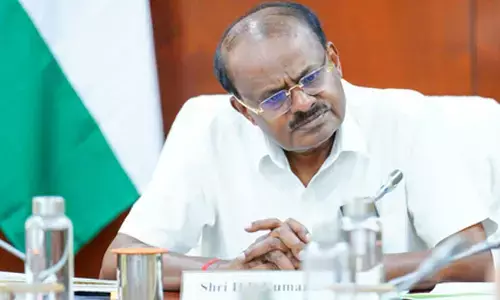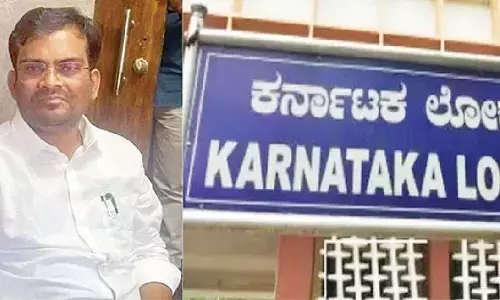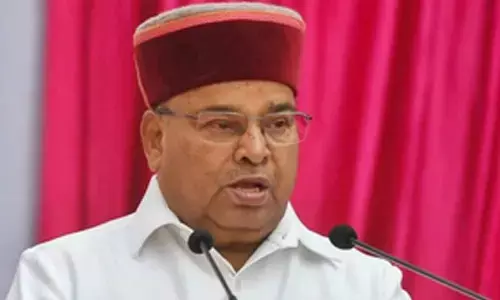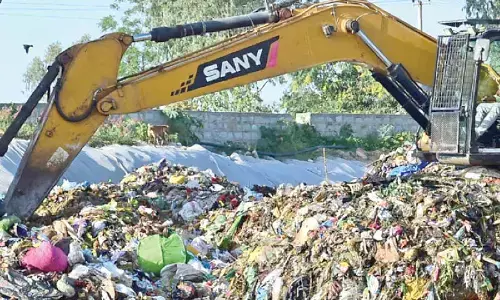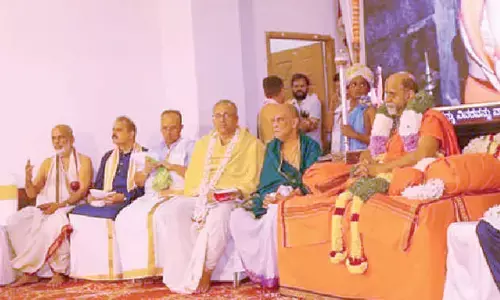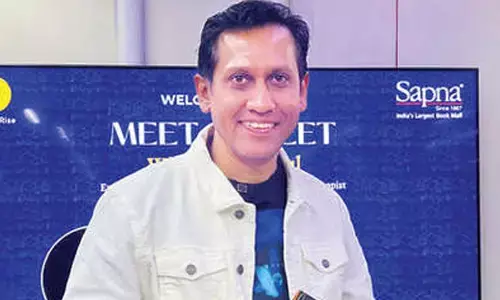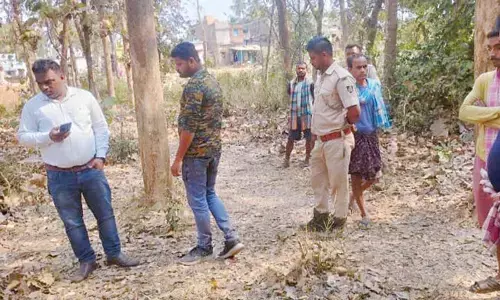A seminal work of literature
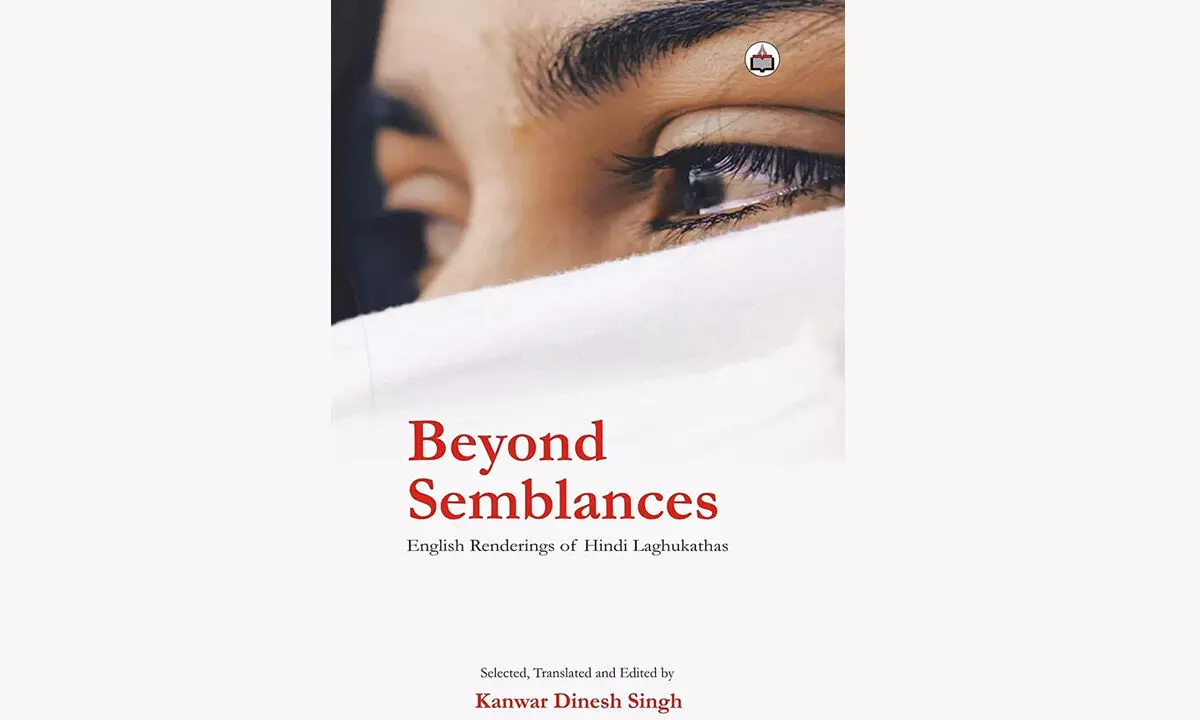
A seminal work of literature
Kanwar Dinesh Singh has done painstaking and commendable work by translating Hindi short stories into English. Since English is a global language in the modern world, Kanwar’s translation connects Hindi writers and their distinctive genre of shorter fiction with world literature
Not only is Kanwar Dinesh Singh a prolific and award-winning bilingual poet, storyteller, and critic of Hindi and English languages, but he is also an accomplished translator and editor based in Shimla. In his recently published book, ‘Beyond Semblances: English Renderings of Hindi Laghukathas’, he has translated representative ‘laghukathas’ (short stories) into English by 62 illustrious Hindi writers from the late 19th century until today.
The ‘laghukatha’ is a short short story and a unique genre of Hindi fiction in which expression is given to an idea or feeling; it is not dependent only on the plot or making a statement. In a concise introduction to the book, Kanwar Dinesh Singh clearly says, “In its brevity and conciseness, the short short story does not cover the plain description, narration, or interpretation of life, but it says a lot about life in its finely honed, incisive, sharp-witted, and cryptic ways.”
This anthology comprises ‘laghukathas’ by Hindi writers, ranging from the early innovators in the annals of modern Hindi literature, including Guleri and Premchand, to contemporary writers such as Vishnu Prabhakar, Saadat Hassan Manto, Harishankar Parsai, Sharad Joshi, Chitra Mudgal, Balram, Sukesh Sahni, Balram Agrawal, Rameshwar Kamboj, Harish Naval, and Yograj Prabhakar, among others (along with the translator).
This collection’s short stories vary in structure, texture, and style, showcasing the varied aspects of multicultural Indian society. These short stories effectively portray the complexities of human life, societal norms, and current issues and problems through satire, sarcasm, irony, and humour. These stories interestingly depict the sour-sweet experiences of human life, relationships, marital bonds, and generational gaps, alongside forms of social and political corruption and changing life values.
The Hindi’ laghukatha’ is different from the flash fiction of the West, as it is much more suggestive than narrative in nature. Kanwar Dinesh Singh’s introduction aptly draws attention to the characteristic quality of the current form of Hindi ‘laghukatha’, stating, “Because of the shortness of its size, the contemporary ‘laghukatha’ or short story in Hindi has mostly been taken as miniature prose, but it has a unique identity of being a highly evocative and suggestive form of writing.”
Of course, translation is no small feat. A translator’s job is often much more complex than that of the original writer since perfectly preserving the author’s expressions and syntax is a unique challenge in its own right. It requires immense practice and skill; nevertheless, Kanwar’s translations maintain the standard. The unique thing about his translation is that it fully accounts for the various nuances of the original language. The idiom of the Hindi language has been impeccably adapted to English, in which the artistic side of the original text has also been kept intact.
Every effort has been made to depict the things related to the regional environment/milieu in its native shades. The translator has also tried to present the cultural background as portrayed in the original work. In the translated texts, some forms of expression have remained as they stood in the original, so indigenous specifics and mores do not change.
Kanwar Dinesh Singh has conducted thorough and commendable work by rendering Hindi short stories into English. Since English is a global language in the modern world, Kanwar’s translation connects Hindi writers and their distinctive genre of shorter fiction with world literature. With this effort, on the one hand, Hindi writers benefit from an international platform; on the other, this important genre of Hindi literature will be disseminated among the readers of the English language all over the world. Thus, Kanwar’s translation builds a bridge between Hindi and English writers and readers.
All the stories in this collection are very interesting and enjoyable. Rendered in simple, colloquial English, these stories readily engage and amuse the reader. Thus, this anthology may be helpful to creative writers, readers, critics, and researchers for gaining knowledge and researching the craft, structure, and aesthetics of Hindi literature’s short stories.
Both the cover and interior of the book are eye-catching. The book’s price is also very reasonable, fully recovered by reading the stories. Indeed, this collection is well worth reading and offers a highly collectable as well as a recommendable gift or cherished possession!
(The author is an internationally acclaimed book reviewer and columnist based in Ferozepur, Punjab)


